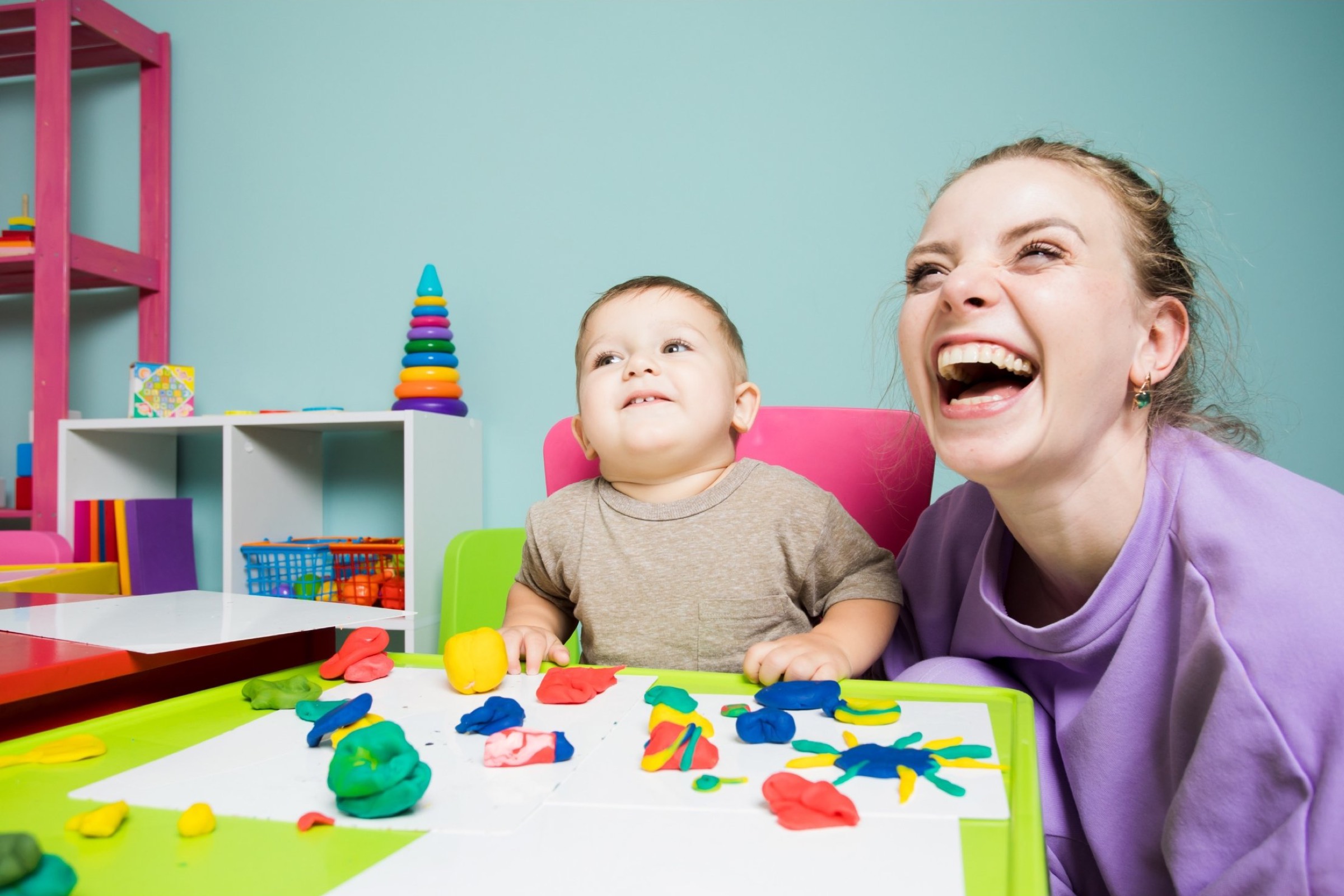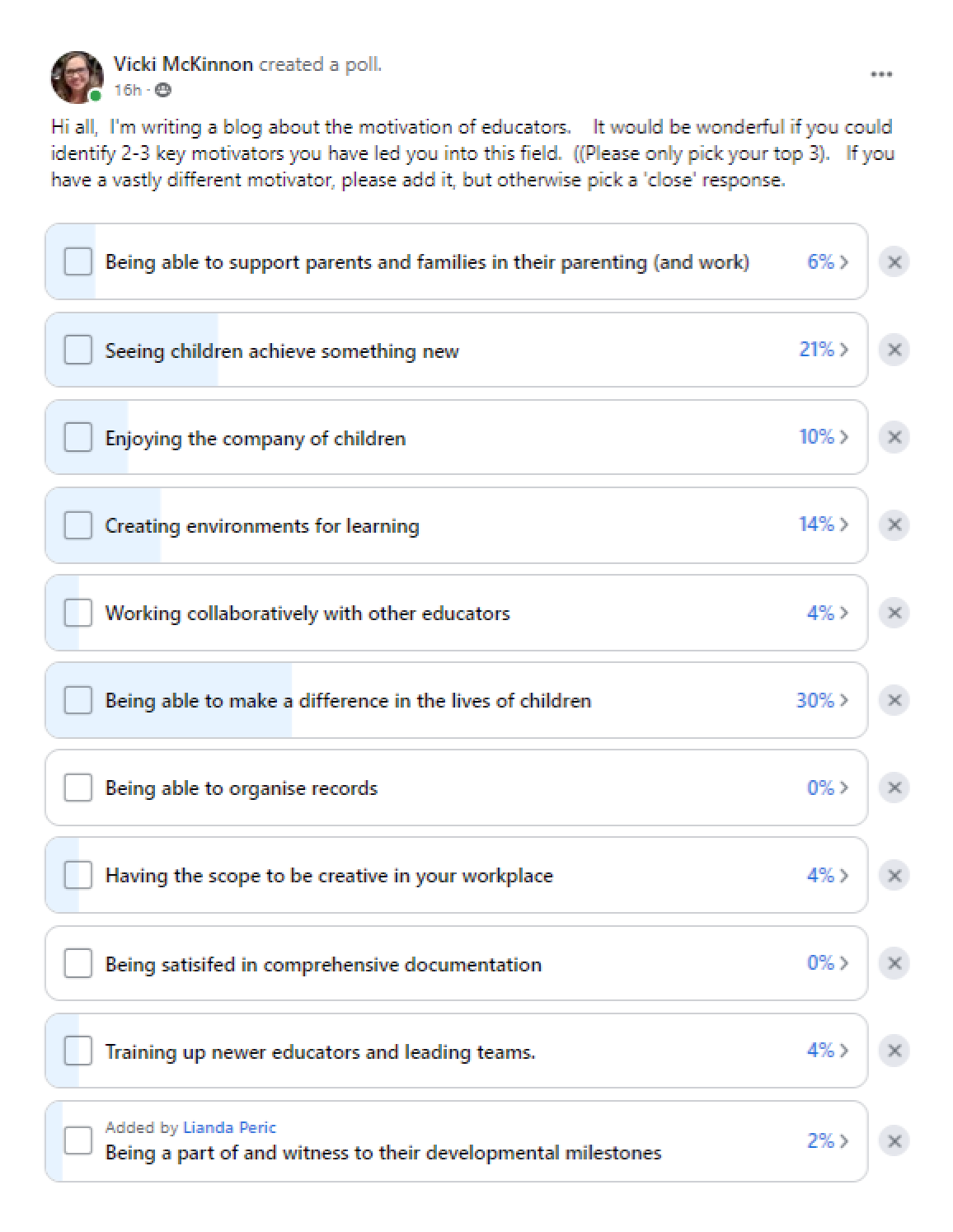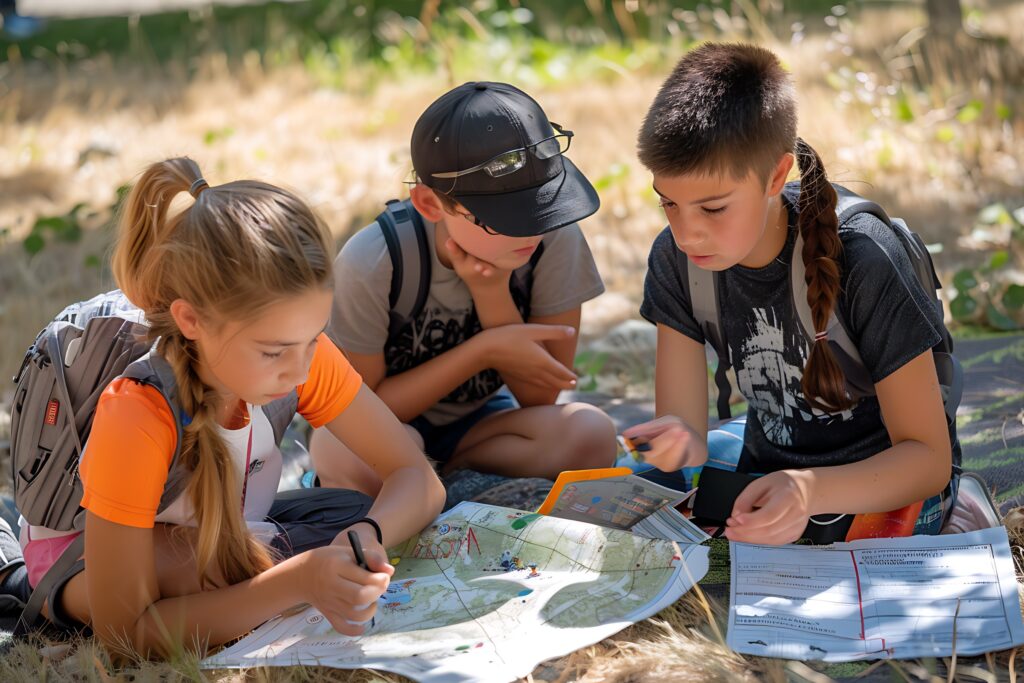Doing what you love!


Intrinsically motivated educators
What drew you to a career in Early Childhood?
- Was it the idea of building and completing processes and procedures?
- Was it the promise of completing forms and writing reports?
- Was it the idea of document management, systems and filing?
- Or was it the idea of spending time with young children and supporting them to flourish?
Our community is beautifully diverse, and some souls are gifted with skills of organisation, some are gifted with skills of communication, some are gifted with skills of leadership, and some are gifted with skills of creating and designing. Every single one of us is gifted in some way, and we can also develop ‘gifts’ through learning and growing in areas that appeal to us. It would seem, however, that a great many who are drawn to Early Childhood Education, are not those who naturally desire to invest their time in bureaucracy. Instead, they are people drawn to enjoy the company of young children, passionate about seeing children have a great start in life and get excited about designing experiences and environments.
And whilst we spend time exploring the intrinsic motivation of children, and how to foster their love of learning through the provision of a child led program, perhaps we should stop and question,
“How do we provide for our own intrinsic motivation?”
Intrinsic motivation is the drive that comes within us through real interest in a topic or through the joy that comes from completing a project you have wanted to achieve. Intrinsic has come from ‘in’ – inside of you. Extrinsic motivation is that which has come externally to you. That is the motivation you have to do something because, if you complete it, you will be given a reward, or in failing to do it, you will suffer a negative consequence. Tasks that are intrinsically motivated often give to us – they fill our cup. They build our sense of joy and wonder. They support our sense of well-being and provide resilience for us as we go through life. Tasks that are extrinsically motivated can drain us, use energy and effort, and make us feel good only at the end because they are finished!
Therefore it follows that maximising our time spent in the instrinsically motivated tasks, is only going to help us be resilient, help us work through periods of difficulty and send us home at the end of the day with a smile on our faces.
So, what inspires you in Early Childhood? What is your drive and joy?
A recent poll on a facebook group for educators revealed these as the top motivators after 338 votes had been made:
- Being able to make a difference in the lives of children
- Seeing children achieve something new
- Creating environments for learning.

“Being satisfied in comprehensive documentation” had 2 votes, which registered as 0%. There are definitely people who really get a buzz out of making records and creating a history. But I suspect, by and large, educators are usually those who seek relationship and find joy in the wonder of children. Working with the children is most likely to be what intrinsically motivates educators, and if that is what ‘gives’ to them and builds them up, surely this is what they should be focussing on.
Every single job in the world has aspects that are less enjoyed than others. I once heard a lawyer explaining that he didn’t really like filing – but that it was a big part of his work. When we think of lawyers, that is probably not the key work task that comes to mind. And just as the key drivers of motivation for educators are those listed above for most, there are definitely many other aspects of the job role, that might not be so desirable for many.
For an educator who is intrinsically motivated by being with children, and demotivated by documentation, how should he or she approach the documentation requirements? Is there a better way than accepting the extrinsic motivators (“do this or you will lose your job”)? Is it possible to find joy in an area of work you dislike?
It may be helpful to review the “Why Documentation” blog and undertake the reflection activity, however educators can focus on the documentation that most appeals to them. This might be an aspect of documentation that has a direct connection with those aspects that they are intrinsically motived by. Some examples might include:
- Following up an interest that a child has expressed because you can see the child’s face light up at the idea. The planning process for this will be far more motivating, than plans that are more disconnected from the children.
- Doing time sampling, anecdotal records or running records on children as this is done from within the classroom, gives a great picture of a single child and can give rise to interests to follow up on.
- An evaluation of how the children are engaging with the environment, and what changes or additions may foster greater engagement by them. This can be done in consultation with the children and colleagues, and also taps into the 3rd item on the motivation poll which was “Creating Environments for Learning” if that is something that you enjoy.
An educator may also find documentation related to shared interests with the children a motivating activity. For educators with hobbies such as gardening, photography, cooking or music could plan activities such as:
- Discussing gardening with the children and evaluating a new planting, planning the plant and accoutrement purchases, and recording how the garden is progressing.
- Photographing the environment as a hobby photographer and utilising the shots for discussion with children, reflection, planning and/or communication.
- Planning and preparing cooking activities with the children, and then recording engagement and learning outcomes.
- Writing a class ‘song’ with the children from their ideas.
Imagine a classroom with a team of educators with varied interests all investing in them with the children!
“But hang on”, I hear you say, “Don’t we always need to plan from observations of children?”.
Whilst this is true, it is also important to present new ideas for children to discover. I’m sure if you whip out your guitar whilst supervising outdoors, you will find many children for whom the music is a drawcard, and the observations will flow from there!
In conclusion, don’t forget yourself. Whilst the work of the Educator is focused on the children, Educators themselves are a valued part of the community. Bring your own joys to the environment and develop approaches to the less desirable aspects of your work that bring in as much joy as possible. Allow your intrinsic motivations to lead your work.
Helping children thrive is a shared journey. Spread the word and support fellow educators with insights and resources from Your Child’s Day.
Resources, advice, and uplifting stories for educators and families. No spam, ever.



